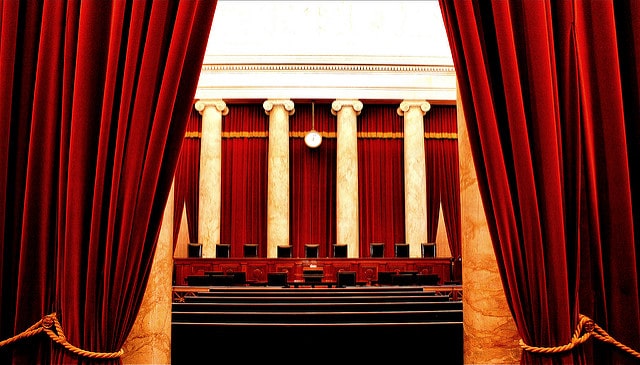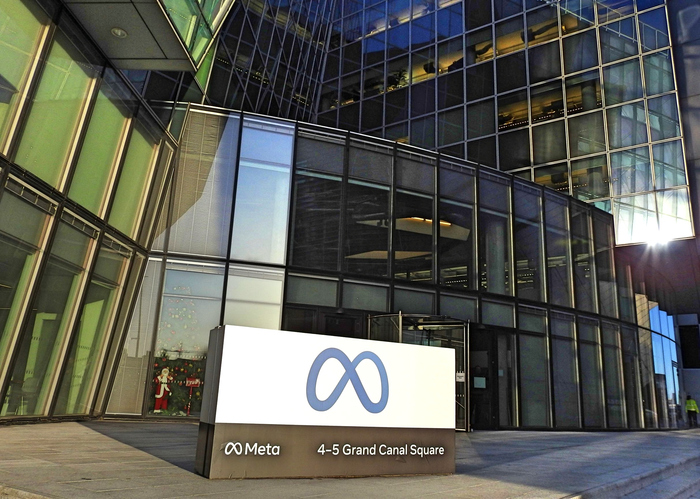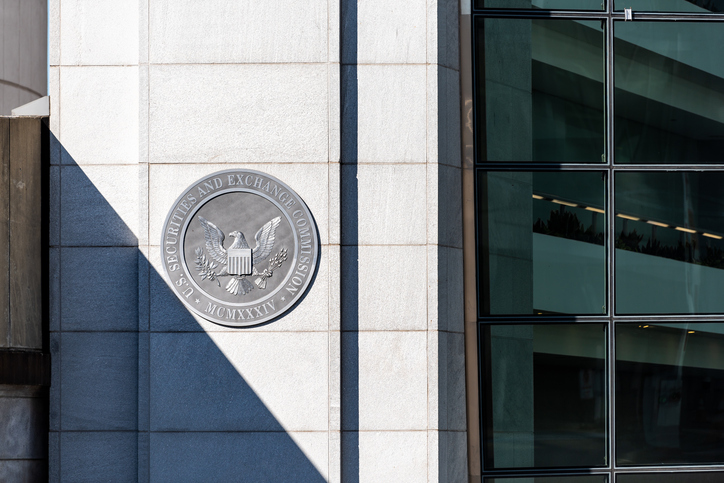Supreme Court News: KKC Argues Corporate Compliance Officials Must be Protected under Dodd-Frank

Washington, D.C., November 22, 2017. On November 28th, the U.S. Supreme Court will hear oral argument in the whistleblower case, Digital Realty Trust v. Somers (No. 16-1276). At issue is whether “internal” whistleblowers, those who report fraud concerns to their supervisors or compliance programs, are protected under the Dodd-Frank Act (“DFA”).
The U.S. Chamber of Commerce is supporting the employer, Digital Reality Trust, in an effort to undermine critical Wall Street reforms. The decision will impact thousands of employees who utilize internal compliance programs under the DFA and similar laws (including the whistleblower protection provisions of most banking and environmental laws). Additionally, company auditors and compliance officials would lose protection when they disclose fraud in their internal reports.
Kohn, Kohn & Colapinto, LLP filed, pro bono, a comprehensive amicus brief to the Supreme Court strongly supporting internal whistleblowers, and explaining how a ruling for the employer would undermine compliance programs. The brief was filed on behalf of the National Whistleblower Center (NWC) and Donna C. Boehme, the former Chief Compliance Officer for BP, and the nation’s most respected expert on internal compliance programs. Senator Charles Grassley, the Chairman of the Senate Judiciary Committee and the top-ranking official on the Senate Whistleblower caucus also filed a brief in support of the whistleblower.
Stephen M. Kohn, the principle author of the NWC’s amicus brief and author of The Whistleblower’s Handbook, explained why all people who support whistleblowers should be deeply concerned about the outcome of this case: “If the Court should side with Digital Realty the result will be catastrophic for the thousands of employees who report fraud. Not only will employees who are trying to do the right thing lose their jobs, but investors who rely upon internal audits to help guide investment decisions will be undercut, as the Chamber of Commerce’s arguments would permit companies to fire auditors when their bosses disagree with the results.”
Sen. Grassley argued that “It would make no sense to read” the DFA as only protecting employees’ internal disclosures if they “also reported to the SEC” stating the “obvious effect of petitioner’s interpretation will be to discourage internal reporting.”
The U.S. Securities and Exchange Commission also filed a brief in support of the whistleblower.
Learn more:
- Ninth Circuit’s Decision: Digital Realty Trust v. Somers (No. 16-1276)
- Brief for The National Whistleblower Center, Et Al. as Amici Curiae in Support of Respondent
- Brief of Senator Charles Grassley as Amicus Curiae in Support of Respondent
- SEC Brief: Brief for The United States as Amicus Curiae Supporting Respondent
- Brief of The Chamber of Commerce of The United States of America as Amicus Curiae in Support of Petitioner




